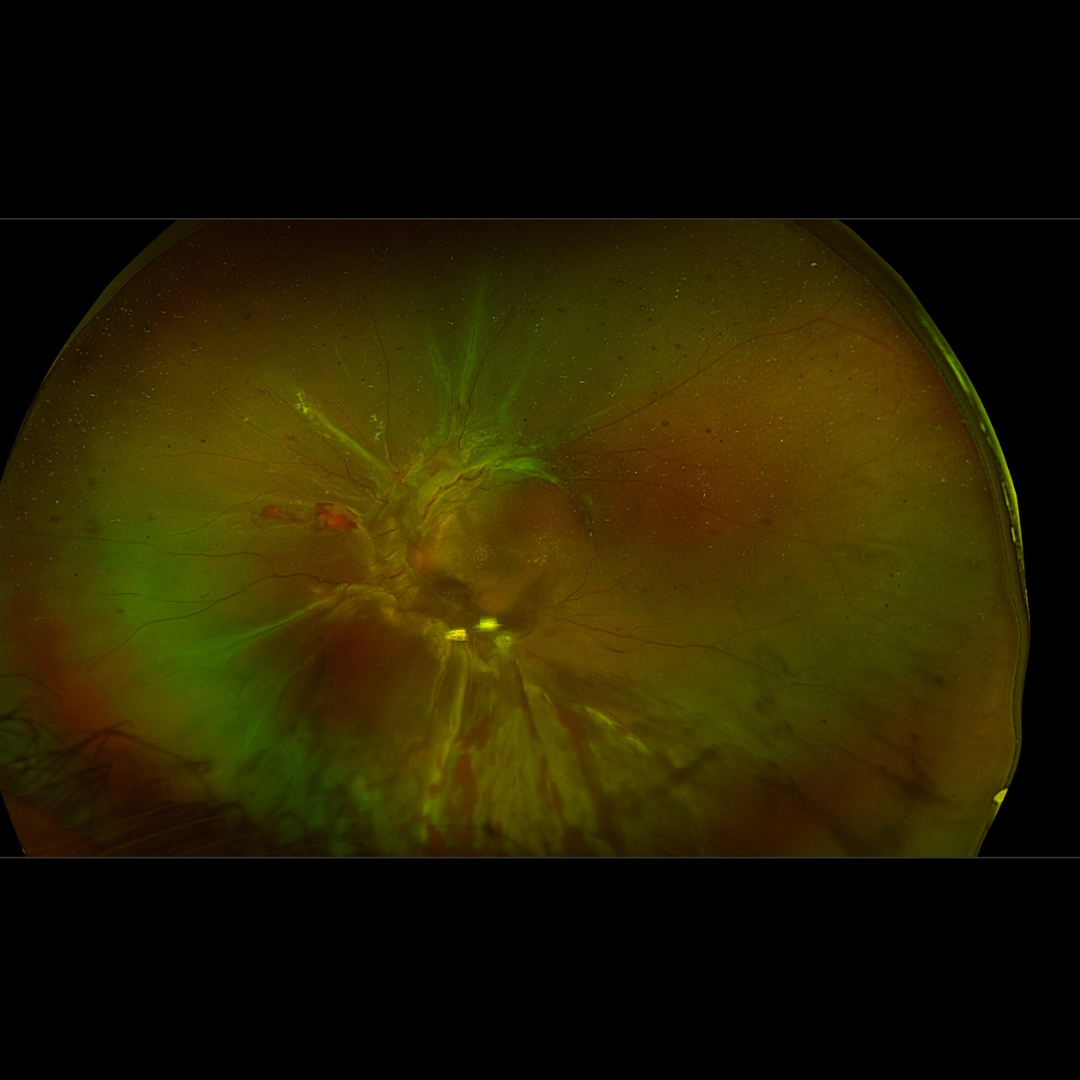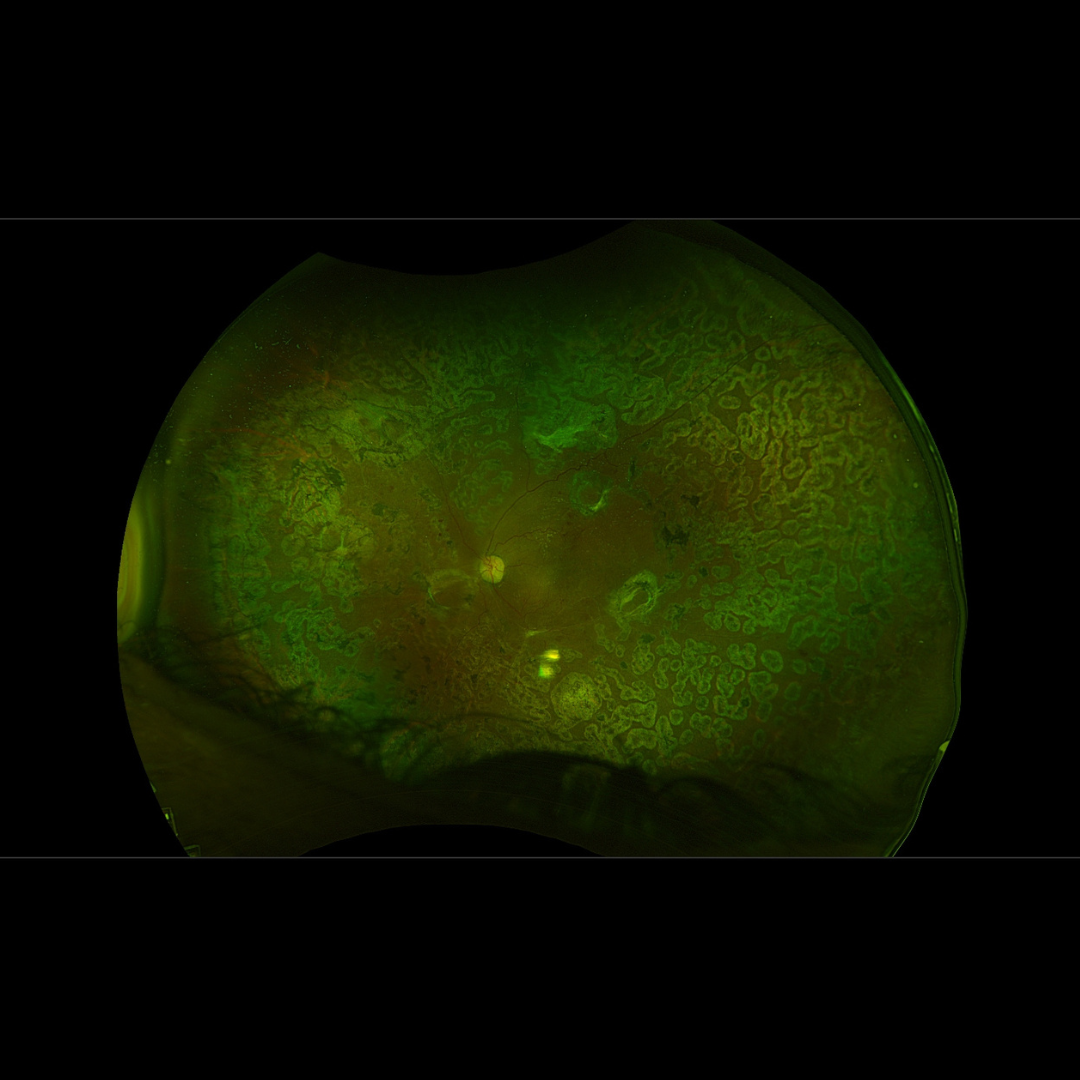Diabetic Retinopathy Management
Diabetic Retinopathy Management
Diabetic retinopathy is a complication of diabetes that damages the blood vessels in the retina, leading to visual impairment and, in severe cases, blindness. It is a leading cause of vision loss among adults with diabetes, highlighting the importance of early detection and treatment. Advanced treatment techniques aim to restore vision and prevent disease progression.
Dr. Lamba in Dubai employs cutting-edge techniques like
Laser Therapy
Targets abnormal blood vessels to prevent leakage and growth.
Intravitreal Injections
Anti-VEGF drugs are administered to reduce swelling and block abnormal blood vessel formation.
Vitrectomy Surgery
Used for advanced cases, this surgery removes blood from the vitreous caused by hemorrhage and repairs tractional retinal detachment.


Symptoms & Risks
Why Dr. Mandeep Lamba?
Your Trusted Retina Specialist in Dubai
With over 7,000 retina surgeries, Dr. Lamba’s mastery in managing complex retinal detachments has restored sight for patients across Dubai and surrounding regions. His commitment to meticulous surgical techniques ensures high success rates.
Expected Outcomes:
- Stabilization or improvement in vision.
- Reduced risk of future hemorrhages or retinal complications.
- Preservation of retinal health with long-term management.
Patient Support & Care:
- Comprehensive eye exams to monitor retinal health.
- Coordination with diabetes care teams to optimize systemic control of blood sugar levels.
- Personalized follow-up plans to detect and treat early signs of progression.

